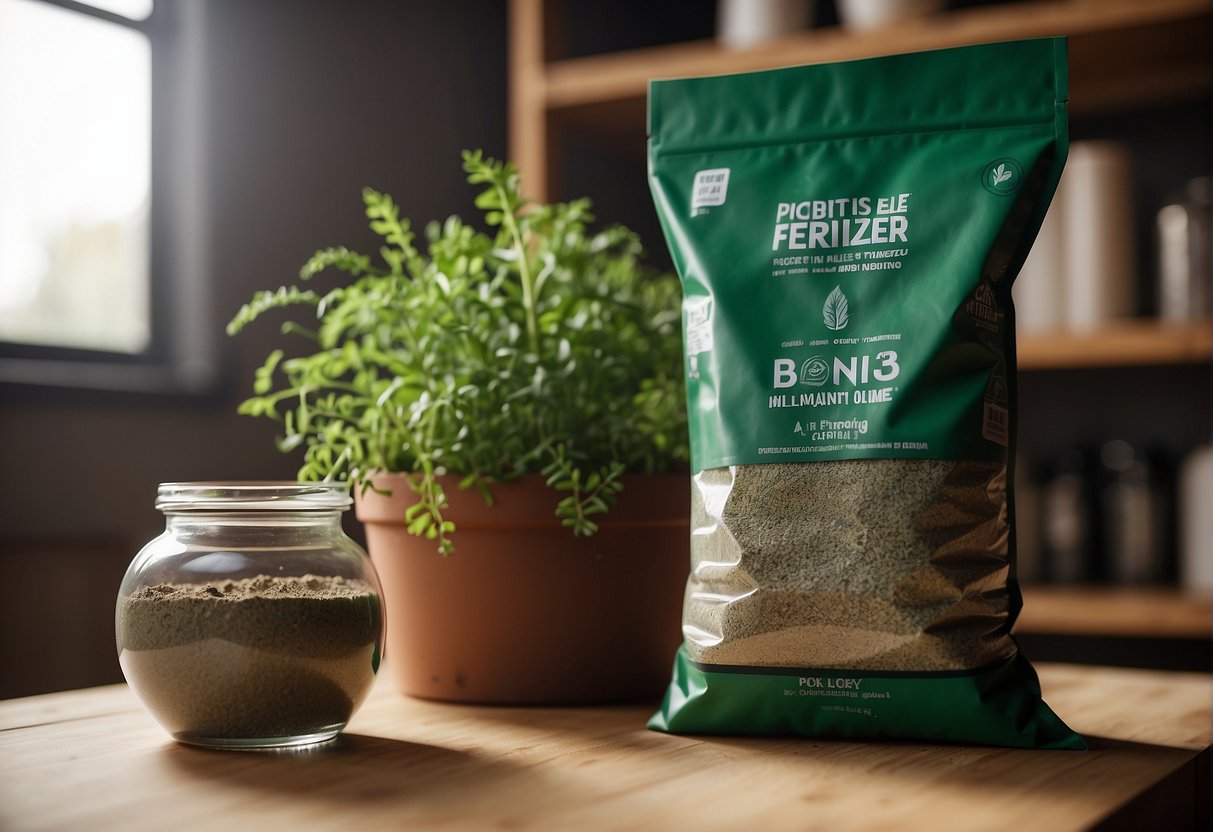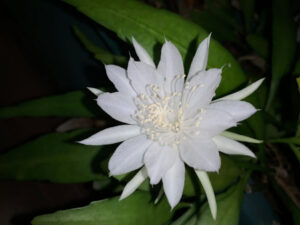Fertilizer, a crucial component for promoting healthy plant growth, can sometimes feel enigmatic to gardeners. The question on many minds is: does plant fertilizer expire? Understanding the shelf life of various fertilizers is essential not only for effective plant care but also for making the most of your gardening investments.
In this exploration, we will delve into the nature of fertilizer longevity, discuss factors influencing its efficacy over time, and unveil how proper storage can enhance its usability. Fertilizers are not merely bags of nutrients; they are components of a rich ecosystem that nurtures and sustains plant life. As such, recognizing their lifespan is vital for achieving flourishing gardens.
As we embark on this journey, one cannot help but marvel at the intricate balance of nutrients that fertilizers provide. These blends are designed to create an optimal environment for plants, but how does the aging process affect their potency? Let’s uncover the mysteries surrounding fertilizer shelf life.
The Fundamental Nature of Fertilizers
To grasp the expiration of plant fertilizers, one must first understand their composition. Fertilizers fall into two primary categories: synthetic and organic. Synthetic fertilizers are chemically engineered to provide specific nutrients in readily available forms. These include nitrogen (N), phosphorus (P), and potassium (K), often indicating their ratio on packaging labels. On the other hand, organic fertilizers derive from natural sources, such as compost, bone meal, and manure, providing nutritional benefits as they decompose.
This fundamental distinction significantly influences their shelf life. Synthetic fertilizers can often retain their potency longer than their organic counterparts due to the controlled nature of their composition. A well-stored granular synthetic fertilizer can last for several years, while organic fertilizers are typically more perishable, particularly as they are prone to microbial activity and moisture intrusion.
Factors Influencing Fertilizer Longevity
The longevity of fertilizers is contingent on various factors such as storage conditions, product type, and packaging. Here we explore these influencers in detail:
Storage Conditions
The environment in which fertilizers are stored plays a critical role in their expiration. Ideal storage conditions entail a cool, dry place, away from direct sunlight and excessive moisture. High humidity can lead to clumping and degradation, particularly in powdered forms of fertilizers. Conversely, extreme dry conditions may affect granularity, rendering it difficult to apply.
Type of Fertilizer
Different fertilizers have varying shelf lives. Liquid fertilizers often have a shorter shelf life due to the potential for bacterial growth, which can adversely affect their efficacy. Conversely, dry fertilizers, particularly those in sealed bags, can last significantly longer, sometimes exceeding a decade if stored under optimal conditions. Understanding the type of fertilizer you are using and its intended use is essential for ensuring your plants receive the nutrients they need when they need them.
Packaging
Packaging is another critical factor affecting fertilizer shelf life. Sealed bags or containers designed to block moisture, light, and air can greatly extend the life of fertilizers. If the packaging is compromised, exposure to air and moisture can initiate a degradation process, diminishing the product’s effectiveness. Check for any visible signs of damage before utilizing old fertilizer; this can be a telltale indicator of its viability.
Signs of Expired Fertilizer
Odor and Appearance
Reduced Effectiveness
Maximizing Fertilizer Freshness
Regular Inventory Checks
Proper Labeling
Understanding Application Timing
In conclusion, the essence of plant fertilizer expiration is entwined with various factors that can influence its effectiveness over time. By understanding the composition of fertilizers, recognizing their indicators of expiration, and adhering to wise storage practices, gardeners can foster healthier plants and ensure vibrant growth. The world of gardening is a delicate dance between nature and science, and maintaining the harmony between the two is the secret to flourishing green spaces.




Leave a Comment